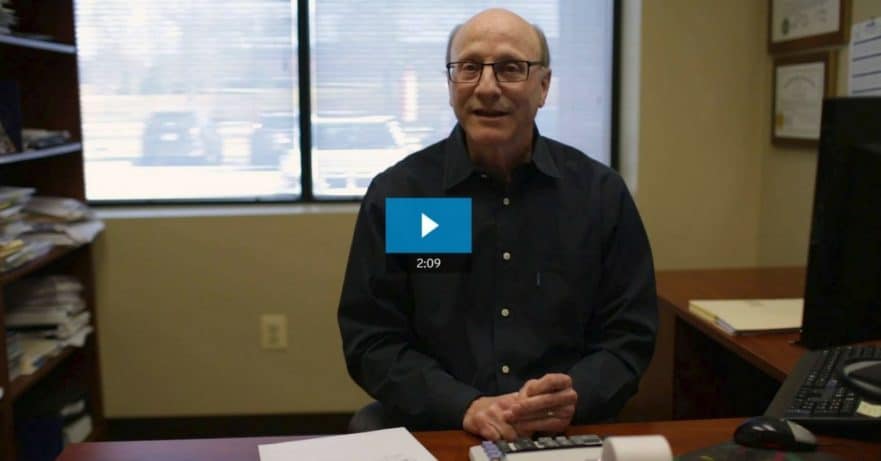Do you have your eye on a piece of dental equipment, new technology, or even furniture, but aren’t sure if you should make that purchase? As the year comes to a close, thanks to Section 179 of the US tax code, it may be in your best interest to make that investment now, rather than waiting.
Section 179 of the US tax code offers owners of dental practices an incredible opportunity to deduct 100% of the cost of any large equipment purchases they make in 2017.
This is in stark contrast to how most business owners have to structure their large-purchase write-offs. By making much needed (or wanted) purchases this year, you could enjoy tremendous tax advantages and, as a result, savings on the overall cost of that equipment.
How large equipment purchases are typically handled by the IRS
Typically, when you buy equipment for your business, you get to write these purchases off a little at a time through depreciation. If for example, you purchased a piece of equipment for $50,000, you could write off (as an example) $10,000 each year for the next five years.
That type of depreciation structure is, of course, better than nothing. But most dental practice owners would prefer to write off the entire equipment purchase price for the year they buy it.
And that’s exactly what Section 179 aims to do. Section 179 is an incentive created by the US government to encourage businesses to buy equipment and invest in themselves.
With Section 179, dental practice owners can write off the entire cost of their large purchases on their 2017 tax return. The Section 179 deduction is applicable to both new and used equipment that is financed or purchased, and put into service, between January 1, 2017, and December 31, 2017.
The equipment must also be used for business purposes more than 50% of the time to qualify.
Section 179: An incentive that actually helps small businesses
Of course, there are some limitations and red tape, but Section 179 is not nearly as complex or mysterious as you might first assume. And, it’s structured perfectly for small businesses such as dental practices.
Take, for example, the cap to the total amount you can write off ($510,000 for 2017). Unless you’re just starting out, or experiencing a large expansion, your equipment needs likely won’t come close to $510,000.
Then there’s the limit to the total amount of the equipment purchased ($2,030,000 in 2017). The deduction starts to phase out dollar-for-dollar after $2,000,000 is spent on a given purchase. But chances are you’re not going to spend that amount on your practice.
That’s what makes Section 179 an incredible asset for dental practice owners.
Is it worth making that end-of-the-year purchase for your dental practice?
Writing off the entirety of a purchase in one tax year will have a tremendous and positive impact on your taxes for 2017. But that’s not the only financial consideration you need to factor in before making that large purchase. Here’s what else you need to consider:
- Loan payments - Is your practice in a position to support the loan payments needed to make that purchase?
- Debt - Would the equipment increase your collections?
- Utility - Often we’re wowed by a sales pitch at a convention or show. But have you considered how this equipment will actually benefit your practice? In other words, do you really need the equipment at this time?
Gaining a tax advantage for 2017 would give you a tremendous boost for 2018 and beyond. But don’t take advantage of the benefits of Section 179 if this equipment is not something you truly need or plan to buy in the near future. If, however, you plan to make a large-ticket purchase within the next nine months, you should consider purchasing it now, to take advantage of the 100% write-off. Before doing so, we recommend you review the purchase with your tax advisor to determine whether your practice can, in fact, afford that equipment.
Want more financial & tax tips to grow your dental practice?
Enter your email below and we'll we'll send you our best content!






